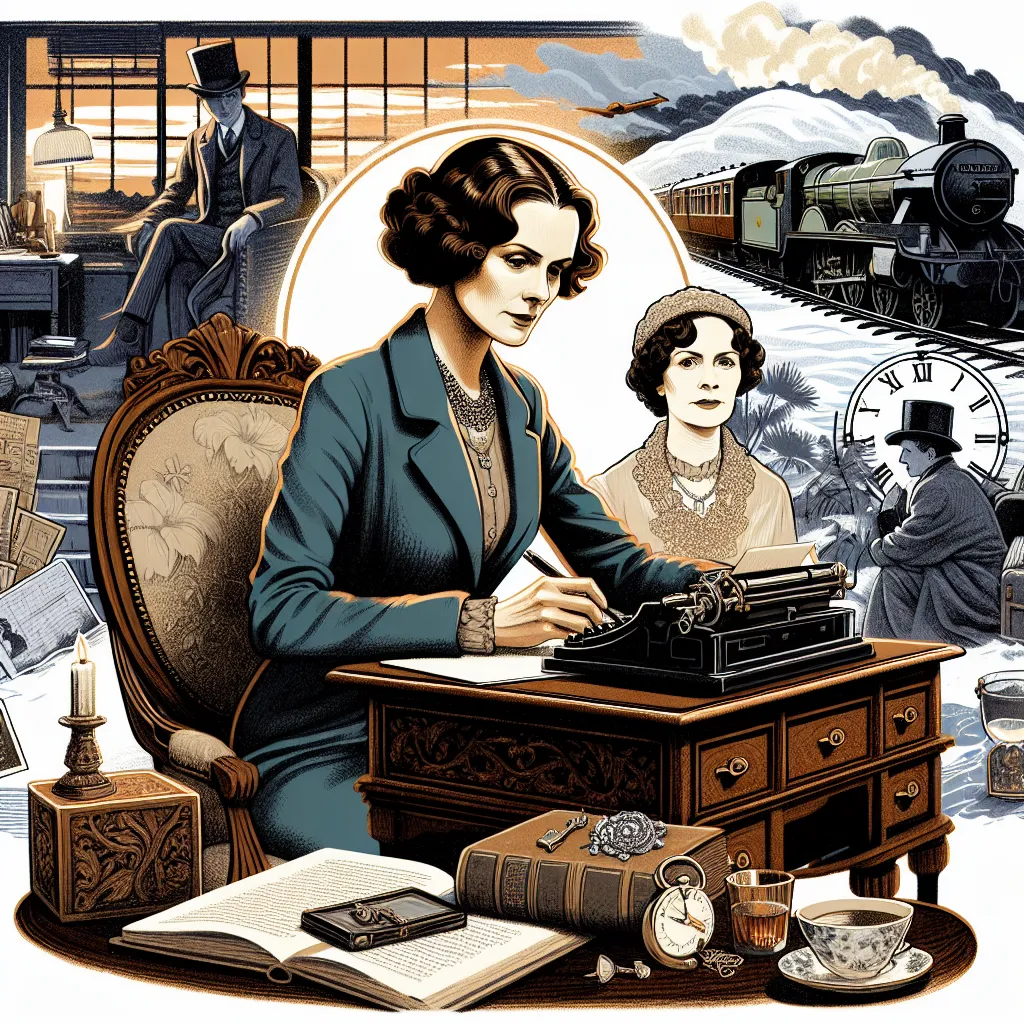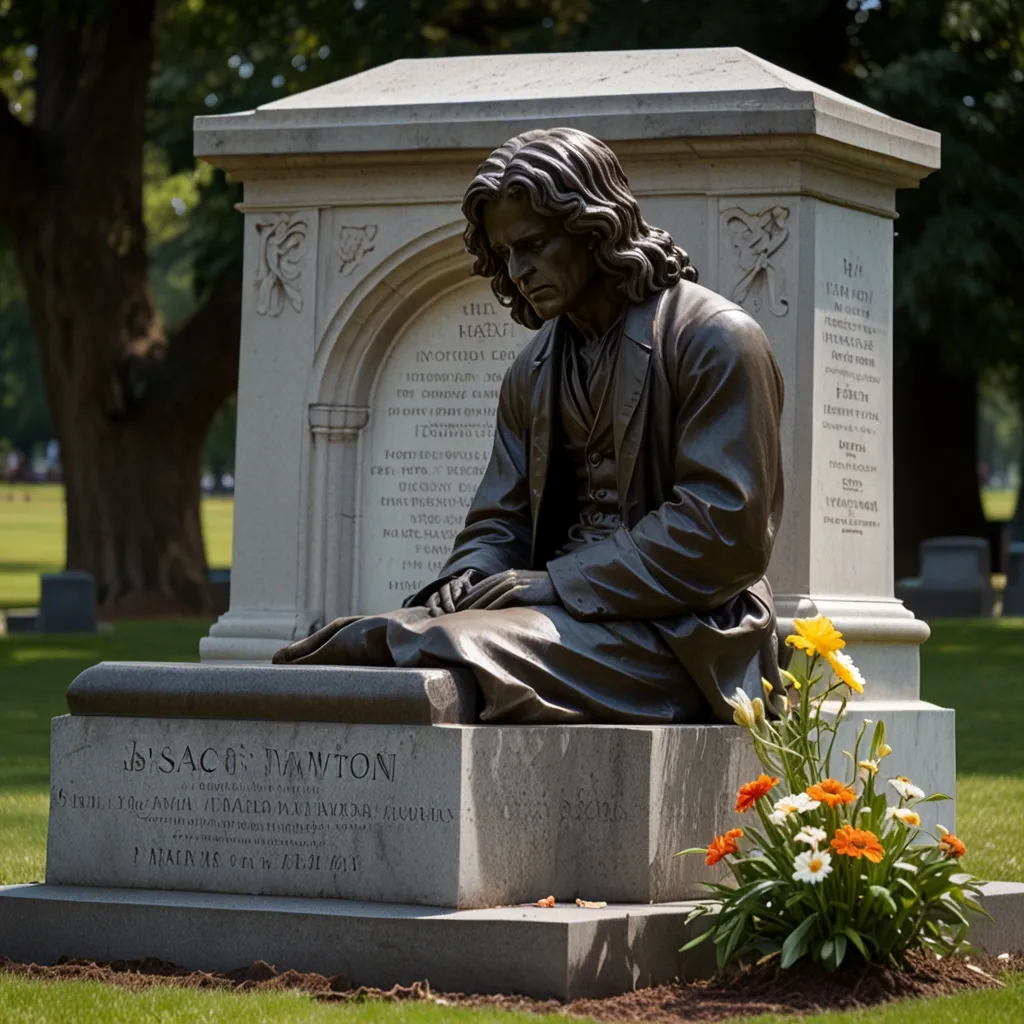Agatha Christie holds the title of the best-selling novelist of all time, but back in 1916, she wasn’t even the top writer in her own family. Her older sister, Madge, had already penned several short stories, while Agatha hadn’t published a single one. When Agatha expressed a desire to write a mystery novel, Madge doubted her abilities, even betting that Agatha couldn’t create a mystery she couldn’t solve.
Fast forward to today, and Agatha Christie’s name is synonymous with baffling mysteries, having written nearly 100 novels that stand as brilliant puzzles filled with clues, misdirection, and human drama. So, how did she master the art of crafting the perfect crime?
One of Christie’s secret weapons was the setting. Whether on a deserted island or a snowbound train, she preferred isolated locations. This not only limited the number of suspects but also intensified the tension. Often, her characters were strangers, adding another layer of uncertainty.
Interestingly, her characters were typically simple, often criticized for being two-dimensional. However, there was a method to this. Predictable characters made for easy suspects—though Christie loved playing against readers’ expectations. Unfortunately, her approach sometimes reinforced harmful stereotypes of her era, something modern writers strive to avoid.
Despite this, Christie aimed for authenticity in her characters. She was a keen observer, jotting down details from everyday conversations, which she then rearranged to construct her mysteries. Often, the identity of the murderer changed multiple times during her writing process, keeping even the savviest readers guessing.
Christie balanced being clever without becoming confusing. While readers yearned for unpredictability, overly complex plots could alienate them. She combatted this by writing in simple, accessible language, employing short sentences and snappy dialogue to keep the narrative clear. This technique allowed readers to follow along while still being led astray by cleverly planted clues.
A good clue in a Christie novel is memorable but subtly misleading. For example, if a character notes that “everything tastes foul” before dying, readers rush to identify the poisoned drink. But the real clue is that the poison had been at work long before that drink.
Christie was a master of misdirection, using clues that seemed to point one way but revealed a different truth. Sometimes, the twist was structural, like when the narrator turned out to be the murderer.
Of course, a detective is crucial to any mystery, and Christie’s most enduring ones are Hercule Poirot and Miss Jane Marple. These unconventional sleuths, a Belgian refugee and an elderly amateur, often flew under the radar, catching suspects off guard and solving the seemingly unsolvable.
In the end, Agatha won her sister’s bet. Her unique detectives, ingenious clues, and simplified characters have baffled countless readers. Now armed with her techniques, the real question is: what mysteries will you unravel next?






